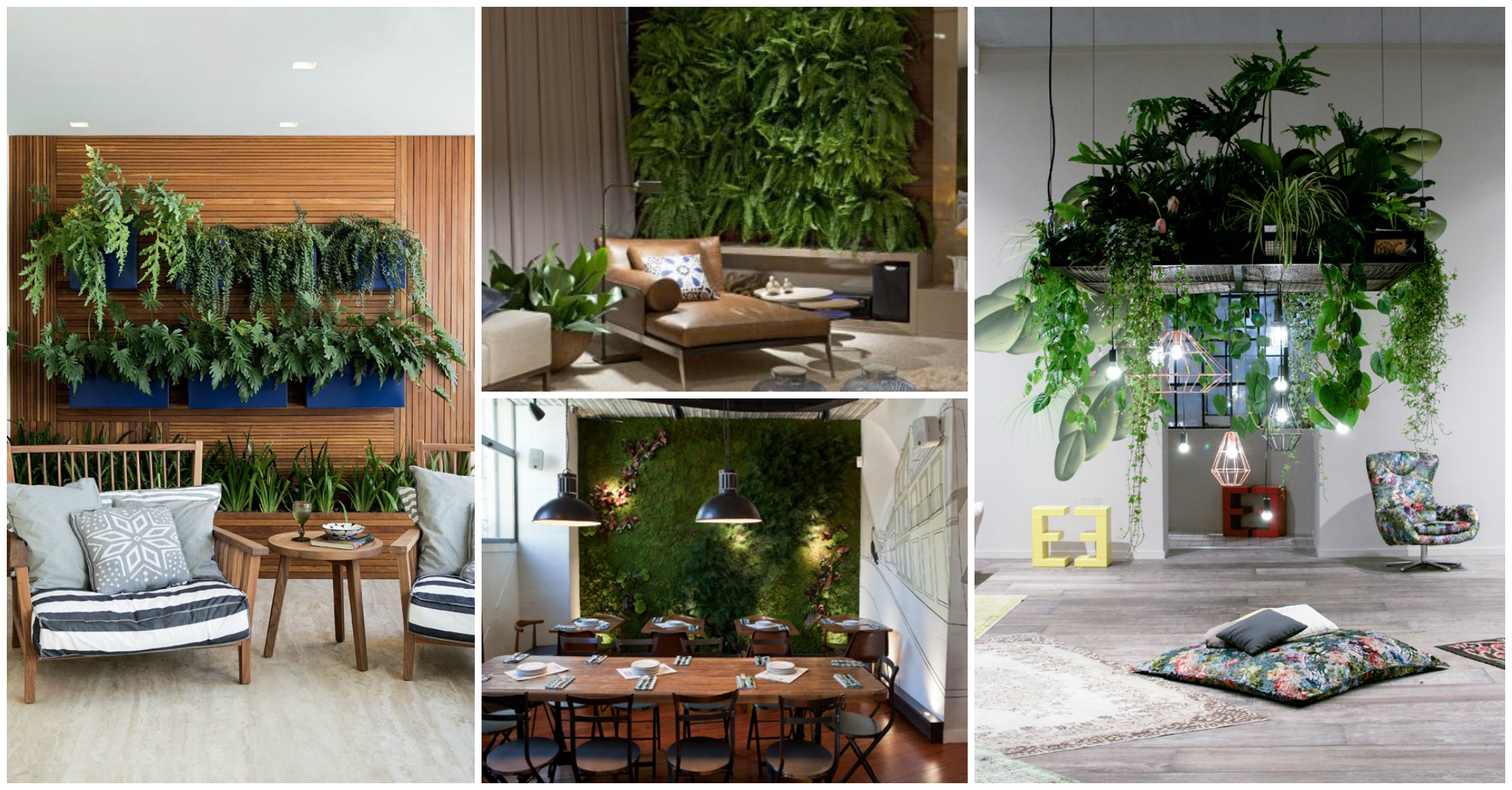Hey my dear readers! How are you? Are you enjoying the beautiful sunny days? For today, I have rounded up 10 eco-friendly and awe-inspiring interior designs that will impress you and help you make your home a better place. The truth is that indoor flowers and plants add warmth, texture, color and life into the home and require little in the way of maintenance. I also have some interesting tips that will also help your plants thrive, so stay tuned.
SEE ALSO: 10 SMART GARDEN HACKS AND TIPS THAT EVERY GARDENER SHOULD KNOW
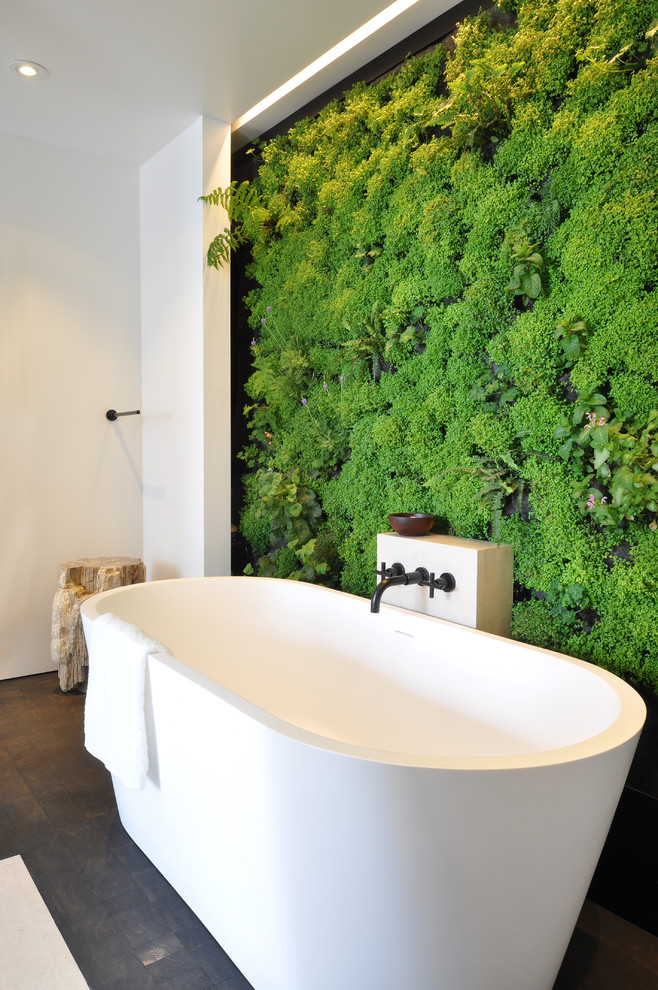
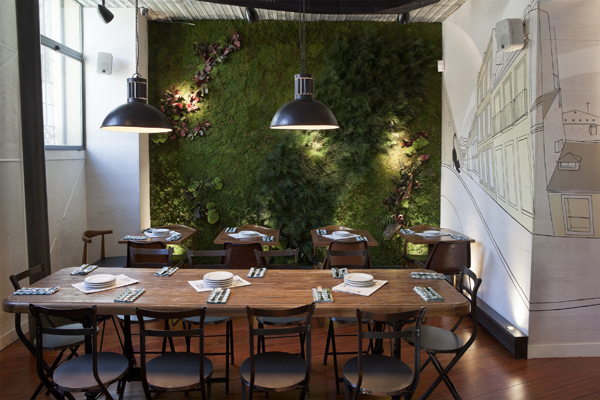
TIPS FOR GROWING INDOOR GARDEN
Indoor plants also improve air quality and allow year-round access to gardening. In order to thrive, you need to give your plants appropriate care. Most of them were started under ideal conditions, probably in a greenhouse, so placing them into your space can take a bit of adjustment on their part. The temperatures, humidity, proper lighting and watering are the most important components you should consider when growing indoor garden. Many people mimic the climate of the place the herb came from and create humid, warm environments for the tropical plants, while for the succulents and cacti create dry and hot climes. You may can’t create the perfect conditions for different plants, and you should take that into consideration when choosing plants. There are also some smart tricks that will help you convince your green friends that they are living in their ideal home.
Plant Selection
When selecting a plant for your beautiful interior designs, the first thing to consider where you want to place it and do that space match with the plant’s requirements. Take the lighting into consideration too. Do you have a small space with moderate light or a big spot by a window where the plants can have a direct sunlight.
Ask yourself if you are searching for flowers or plants with stunning green leaves. Some of the plants require loving care and significant tender, while some need little maintenance, so before you choose a plant, see how much time you can devote to them.
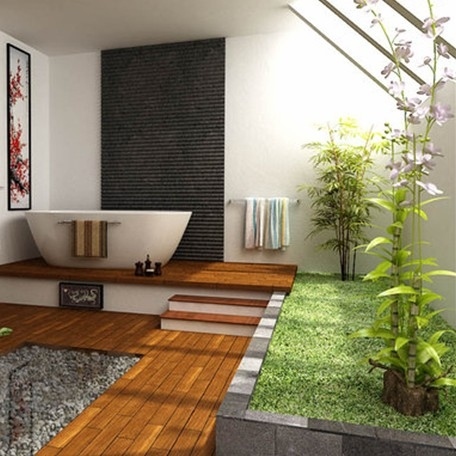
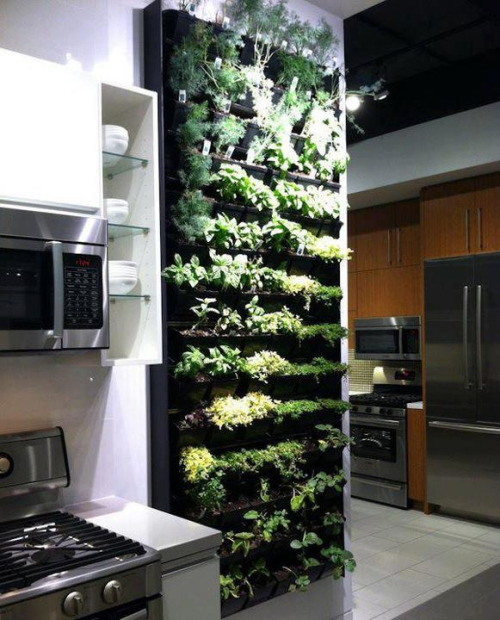
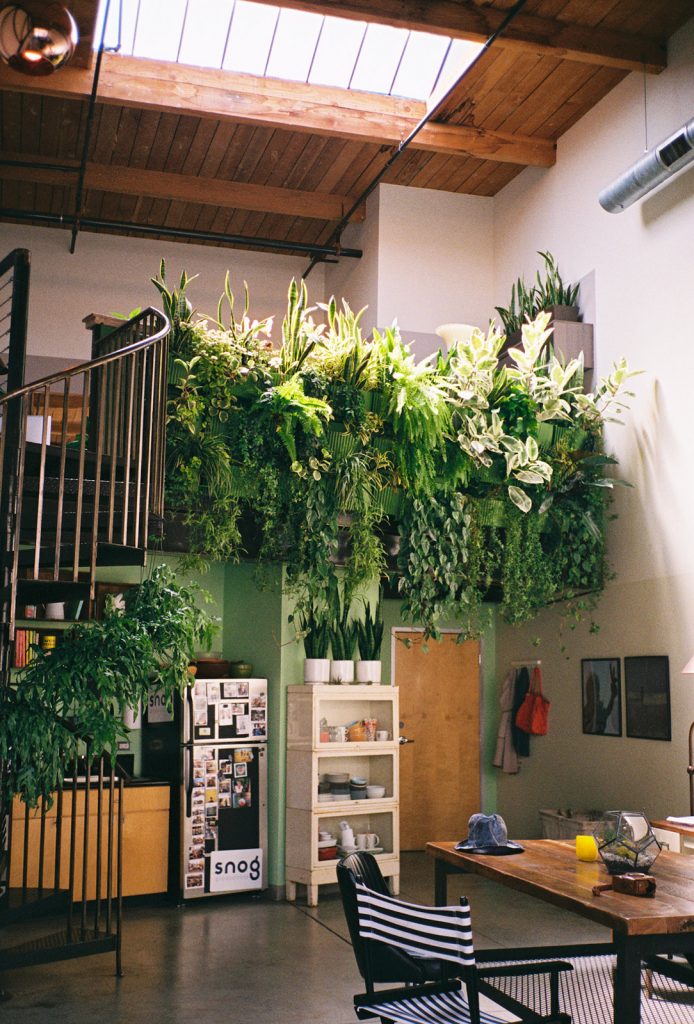
Water
Succulents and other plants with thick leaves are an exception, because they do best when the soil dries out between watering. The potting soil for the other plants should be kept moist, but not wet. If you keep the soil too damp and dry, the roots of the plants will began to die.
There are several interesting tricks to determine when a plant needs water. If the soil becomes cracked or lighter in color, it probably needs water. You can stick your finger in the soil to determine how moist it is below the surface. Or you can water your plant and gauge its weight, and after some time you will know if your plants need to be watered.



Dehydration
Brown, yellow or curled leaf edges, premature dropping of leaves or flowers, translucent leaves and slow leaf growth are some of the signs of underwatering.
Overwatering
Leaves with brown rooten patches, young and old leaves falling off at the same time, standing water in the bottom of the container, mushy brown roots at the bottom of the pot, fungus or mold on the soil surface are some signs of overwatering.

Plants grown in a water retentive mix, plants with thick or rubbery leaves, plants potted in non-porous containers, plants located in a cool room, plants grown in high humidity, recently repotted plants and resting or dormant plants require less water. While the once that are native to wet areas, large-leaved or thin leaved plants, plants located in direct sunlight, actively growing plants, plants grown in small pots, plants potted in clay pots and flowering plants require more water.

So, what do you think about these interior designs my dear people? Do you like them and do you find them interesting and fun? Which one is your favorite? I would love to know your opinion, so please share your comments with me! Thank you for reading and stay up to date with the content of Top Dreamer!

